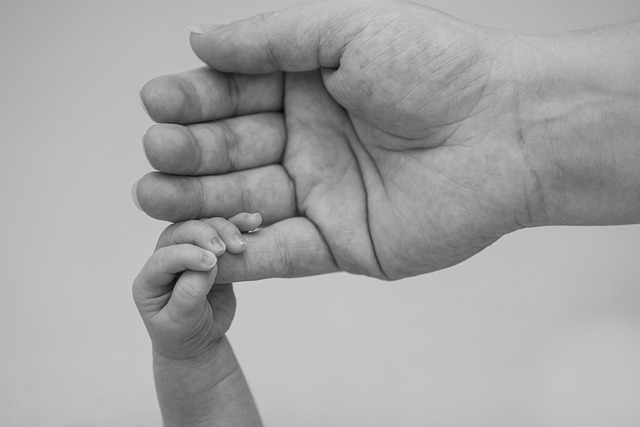In Oregon, Oregon family law carefully protects parental rights while prioritizing child welfare in disputes, striking a delicate balance through comprehensive legal frameworks. This approach ensures due process, confidential communication, and legal representation for parents while focusing on the best interests of the child. Oregon family law outlines specific procedures for investigating and addressing allegations of abuse or neglect, including temporary removals and court hearings, to maintain stability and parental involvement in a child's life. The ultimate goal is to preserve parental relationships while safeguarding the well-being of minors.
In Oregon, protecting parental rights during child welfare disputes is a delicate balance between preserving familial bonds and ensuring child safety. This article explores Oregon family law’s framework, delving into child welfare disputes where state intervention is necessary. We examine strategies to safeguard parental rights while adhering to Oregon’s stringent child protection standards. Understanding this intricate dance is vital for both legal professionals and parents navigating these challenging scenarios within the context of Oregon family law.
- Understanding Oregon Family Law: A Framework for Parental Rights
- Child Welfare Disputes: When Interference Becomes Necessary
- Balancing Act: Safeguarding Parental Rights While Ensuring Child Safety in Oregon
Understanding Oregon Family Law: A Framework for Parental Rights

In Oregon, the framework for protecting parental rights in child welfare disputes is deeply rooted in the state’s family law code. Oregon Family Law provides a comprehensive set of guidelines that balance the best interests of the child with the fundamental rights of parents. Key provisions ensure due process, confidential communication between parents and attorneys, and the right to representation during all stages of the dispute. This legal framework also emphasizes the importance of stability and continuity in a child’s life, recognizing that parents play a crucial role in their children’s development and well-being.
Understanding Oregon Family Law is essential for navigating child welfare proceedings because it outlines specific procedures for removal or placement of children, as well as the roles of various stakeholders such as social workers, attorneys, and judges. These laws also address issues like visitation rights, parental involvement in decision-making, and the criteria used to determine what constitutes neglect or abuse. By adhering to these legal principles, Oregon strives to uphold the delicate balance between child protection and preserving the parental-child relationship.
Child Welfare Disputes: When Interference Becomes Necessary

In Oregon family law, child welfare disputes often arise when there are concerns about a child’s safety and well-being within their home environment. These situations can be complex, as they involve balancing the best interests of the child with preserving parental rights. Interference in such cases becomes necessary when potential harm to the child is evident or when parents are unable or unwilling to provide a safe and stable home. Oregon’s court system has a responsibility to step in and make decisions in the child’s best interest, especially when there are allegations of abuse, neglect, or substance abuse issues within the family.
Child welfare authorities, upon receiving reports or observations of concerning behaviors, have the legal mandate to investigate and take appropriate actions. This might involve temporary removal of the child from their parents’ care, as a protective measure while the case is assessed. Oregon’s family law courts then conduct hearings to determine if there is sufficient evidence to justify long-term involvement in ensuring the child’s safety and future well-being.
Balancing Act: Safeguarding Parental Rights While Ensuring Child Safety in Oregon

In Oregon, the balance between protecting parental rights and ensuring child safety is a delicate act, governed by the state’s family law code. The Oregon courts recognize the fundamental right of parents to make decisions concerning their children, but they also prioritize the well-being and security of minors. This equilibrium is crucial in child welfare disputes, where allegations of abuse or neglect may trigger removal of a child from their parents’ care.
Oregon family law establishes procedures to safeguard parental rights while upholding the state’s duty to protect vulnerable children. These processes involve thorough investigations, court hearings, and opportunities for both parents and child protection services to present evidence. The courts carefully assess each case, considering factors like the child’s safety, the parent-child relationship, and potential risks of harm. This balanced approach ensures that parental rights are respected while also enabling interventions necessary to safeguard a child’s future.






